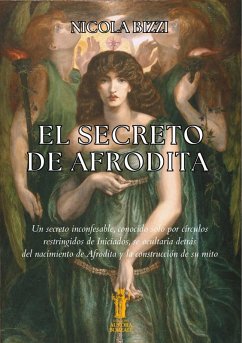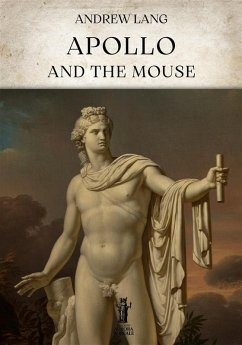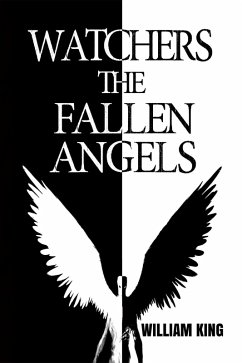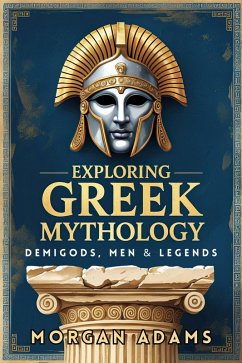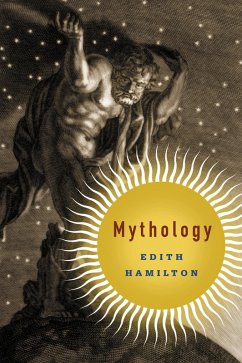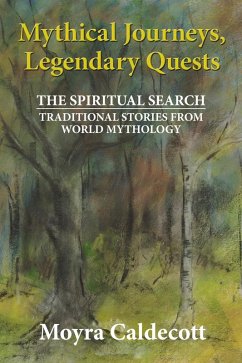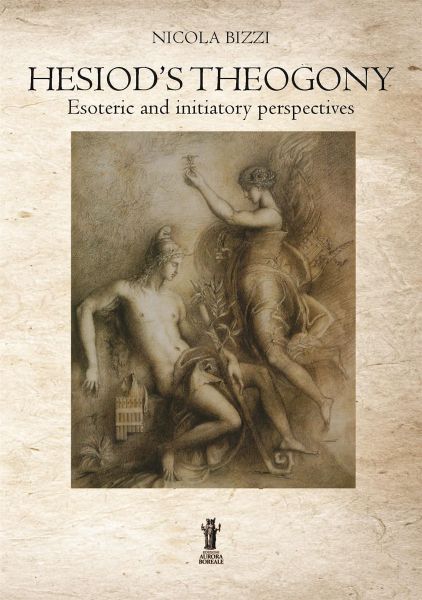
Hesiod's Theogony: Esoteric and initiatory perspectives (eBook, ePUB)

PAYBACK Punkte
0 °P sammeln!
The Hesiod's Theogony is not, as is often defined by modern philologists, a simple and banal "literary work". It is a didactic poem of mythological-religious topic and, at the same time, a sacred and initiatory text. It is - with the sole exception of the Homeric poems in the profane field, and of some secret texts handed down by the ancient Mystery Schools in the initiatory sphere - the most ancient mythological-religious text of public domain from archaic Greece. Its content and the precious information that it provides about the origin and nature of the Gods constituted a very important can...
The Hesiod's Theogony is not, as is often defined by modern philologists, a simple and banal "literary work". It is a didactic poem of mythological-religious topic and, at the same time, a sacred and initiatory text. It is - with the sole exception of the Homeric poems in the profane field, and of some secret texts handed down by the ancient Mystery Schools in the initiatory sphere - the most ancient mythological-religious text of public domain from archaic Greece. Its content and the precious information that it provides about the origin and nature of the Gods constituted a very important canon for all the later literatures. It was used both in the Hellenic and Roman world, and its reading (but above all its understanding) is still indispensable today for the knowledge of the religious thought of ancient Greece. However, the Hesiodic text is not unique, nor it represents an innovation. It fits into a long tradition, which is mostly an exclusive prerogative of the Mystery Schools linked to the Eleusinian Mother Tradition and to its derivations, which are the Orphic, Pythagorean or Samothracian branches. Who was Hesiod? A poet? A narrator? A priest? An Initiate? Or all these things together? We know that he was born in Ascra, a city in Boeotia, in the second half of the eighth century B.C. It is important to highlight how ancient Ascra, a village located right at the foot of Mount Helicon, was sacred to the Muses. And Helicon is same sacred mountain on which the Muses manifested themselves, not by chance, precisely to Hesiod himself. The style of the Theogony is not narrative, nor related to the Homeric poems. On the contrary, Hesiod leaves little space to the actual narration: he seems to express himself through a markedly esoteric code, sometimes intentionally obscure. The myths are never narrated in full, but concentrated in a few lines, sometimes in a cryptic and hermetic manner, without many details. Hesiod's intention, erroneously interpreted by moderns as an act to show off his skills, is much more likely dictated by initiatory purposes. He proves to have knowingly and carefully dosed and set in the right place phrases, words, and concepts as only an Initiate who addresses to a double audience (one of Initiates and one of uninitiated) can and must do. He proves to know how to move with ease on a "minefield" such as that of the origin and nature of the Gods to express fundamental concepts, without breaking any oath or vow of silence.
Dieser Download kann aus rechtlichen Gründen nur mit Rechnungsadresse in A, B, BG, CY, CZ, D, DK, EW, E, FIN, F, GR, HR, H, IRL, I, LT, L, LR, M, NL, PL, P, R, S, SLO, SK ausgeliefert werden.




